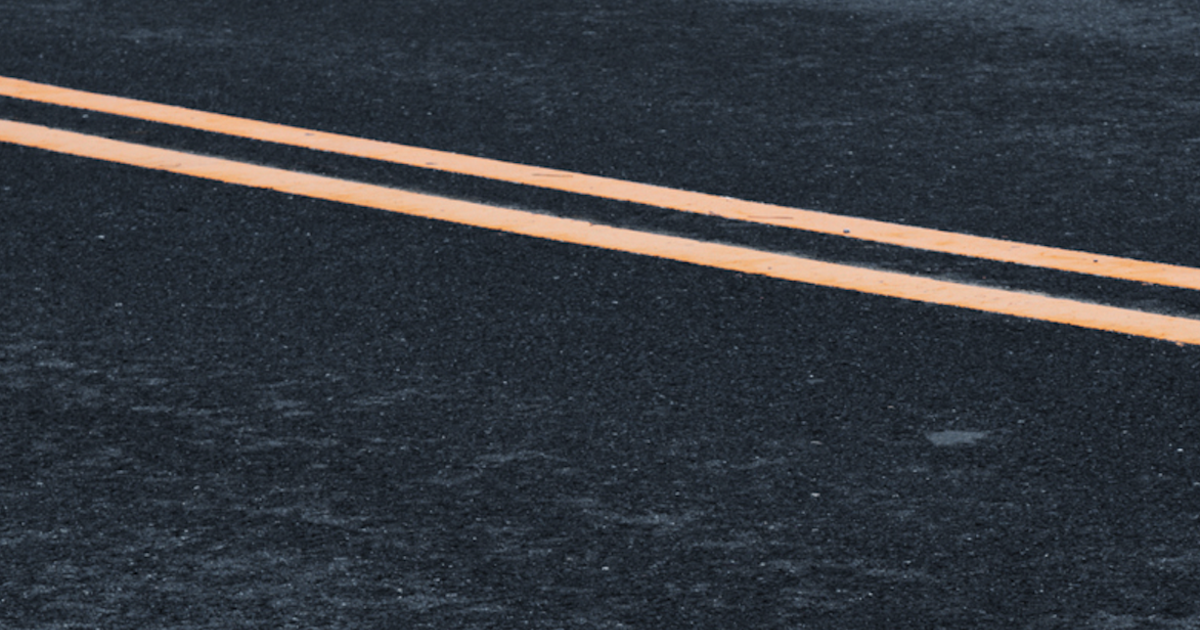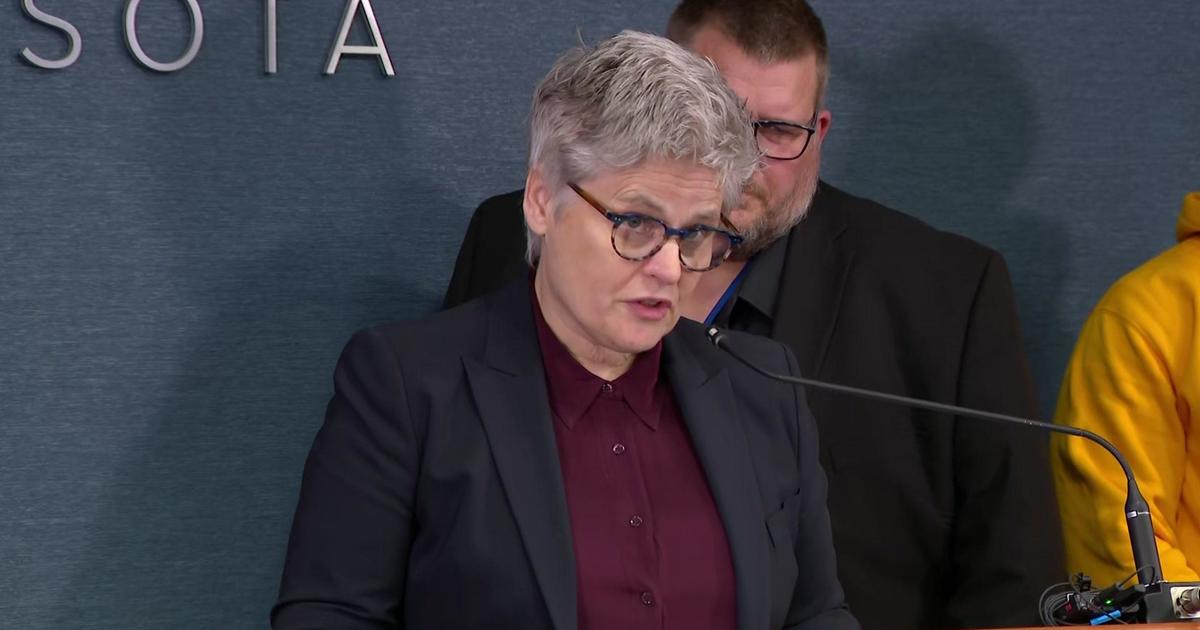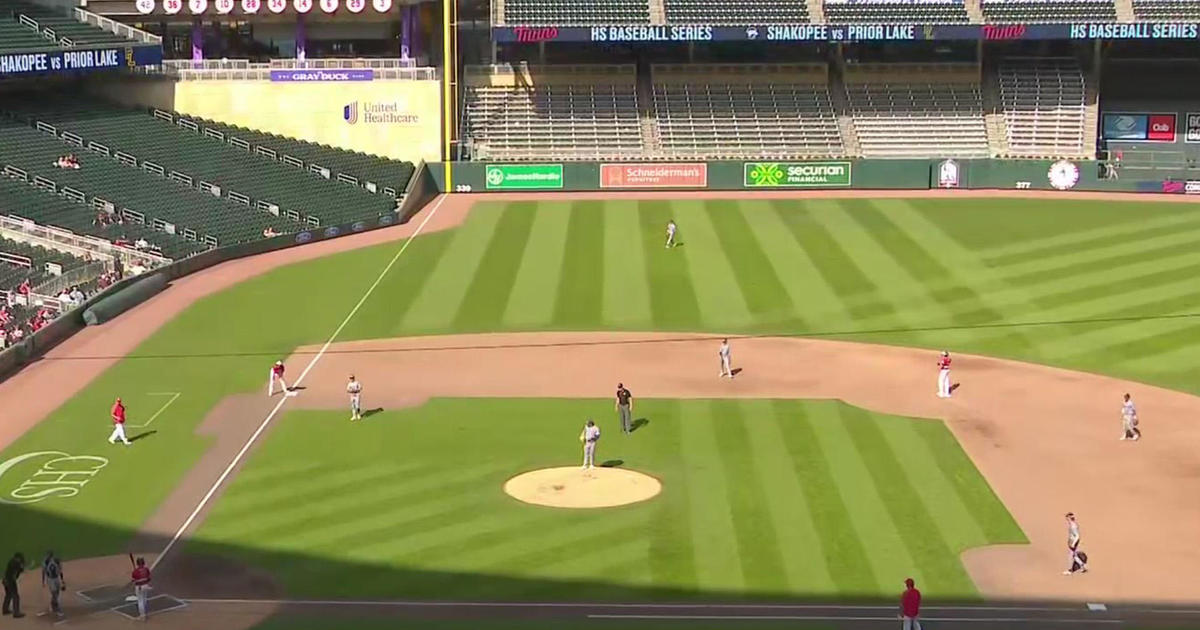Wisconsin Supreme Court Justices Question Ballot Drop Boxes
MADISON, Wis. (AP) — Skeptical Wisconsin Supreme Court justices questioned Wednesday whether state law allows for voters to give their absentee ballot to someone else to return or whether drop boxes can be placed outside municipal clerk offices.
The court's ruling later this spring or summer is expected to establish rules for the upcoming midterm election where the battleground state's Democratic governor and Republican U.S. senator are on the ballot.
The court in February barred the use of drop boxes outside election clerk offices for the April spring election where local offices such as mayor, city council and school board were decided. But the larger question the court has yet to address is whether to allow the secure ballot boxes going forward in places such as libraries and grocery stores.
The fight is being closely watched as Republicans push to limit access to absentee ballots following President Joe Biden's 2020 win in Wisconsin, beating Donald Trump by just under 21,000 votes. Wisconsin Gov. Tony Evers and U.S. Sen. Ron Johnson are on the ballot in November.
State law is silent on drop boxes, but the bipartisan Wisconsin Elections Commission has told local election officials they can be placed at multiple locations and that ballots can be returned by people other than the voter.
Justice Brian Hagedorn, a conservative who sometimes sides with the court's liberal minority, zeroed in Wednesday on what it means to deliver a ballot and whether wording in the law means someone other than the voter can return it.
"If I'm mailing an absentee ballot and my wife takes the three steps to put it in the mailbox, have I violated the law?" Hagedorn asked. "Do we need to decide that question?"
Attorney Rick Esenberg, president of the conservative law firm Wisconsin Institute for Law & Liberty that brought the lawsuit, said that question did need to be addressed. In response to questions, Esenberg said he did not think it would be legal for someone to hand their ballot to a family member within feet of a mailbox and have that person drop it in.
"I'm sure you can appreciate how absurd that result is," liberal Justice Jill Karofsky said.
Hagedorn also asked whether a ballot would be delivered "in person" if the voter had it dropped off by a representative of a political party. Charles Curtis, attorney for the Democratic Senate Campaign Committee, said he thought that it would be legal as long as the ballot wasn't tampered with.
Conservative Justice Rebecca Bradley appeared to doubt that the law would allow for anyone other than the voter to return an absentee ballot.
Advocates for people with disabilities and others argue that not allowing someone other than the voter to return a ballot makes it more difficult for voters who have limited mobility or other physical impairments.
Hagedorn also questioned exactly where an absentee ballot drop box could be placed and still be considered legal.
"I think its really important that we define this carefully and not generically," he said.
In January, Hagedorn sided with liberals and put on hold a lower court's ruling barring drop boxes outside clerk offices for the February primary. But in February, Hagedorn reversed and sided with the conservative majority in reinstating the lower court's ruling that put the ban in effect for the April election and beyond pending the Supreme Court's ruling.
The elections commission rescinded its guidance pending the outcome of the Supreme Court's ruling.
Wisconsin's top elections official testified last year that at least 528 drop boxes were used by more than 430 communities in the presidential election. The popularity of absentee voting exploded during the pandemic in 2020, with more than 40% of all voters casting mail ballots, a record high.
Republicans who control the Wisconsin Legislature have also tried to enact laws limiting the use of absentee ballots, but Evers has vetoed them.
Republicans have made similar moves since Trump's defeat to tighten access to ballots in other battleground states. The restrictions especially target voting methods that have been rising in popularity and erecting hurdles to mail balloting and early voting that saw explosive growth earlier in the pandemic.
In addition to Democrats, other opponents to the lawsuit are the Wisconsin Elections Commission, Disability Rights Wisconsin, Wisconsin Faith Voice For Justice and the League of Women Voters of Wisconsin.
(© Copyright 2021 The Associated Press. All Rights Reserved. This material may not be published, broadcast, rewritten or redistributed.)



